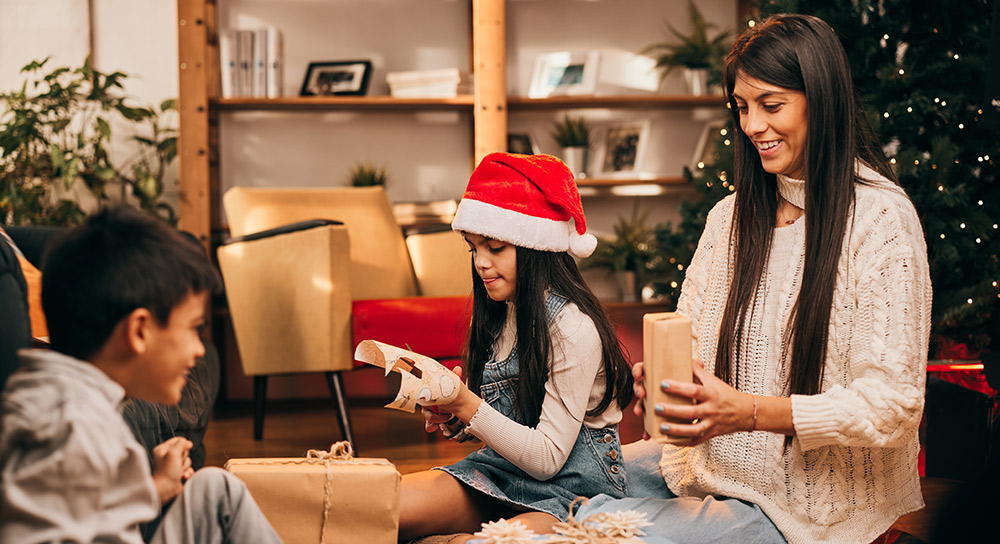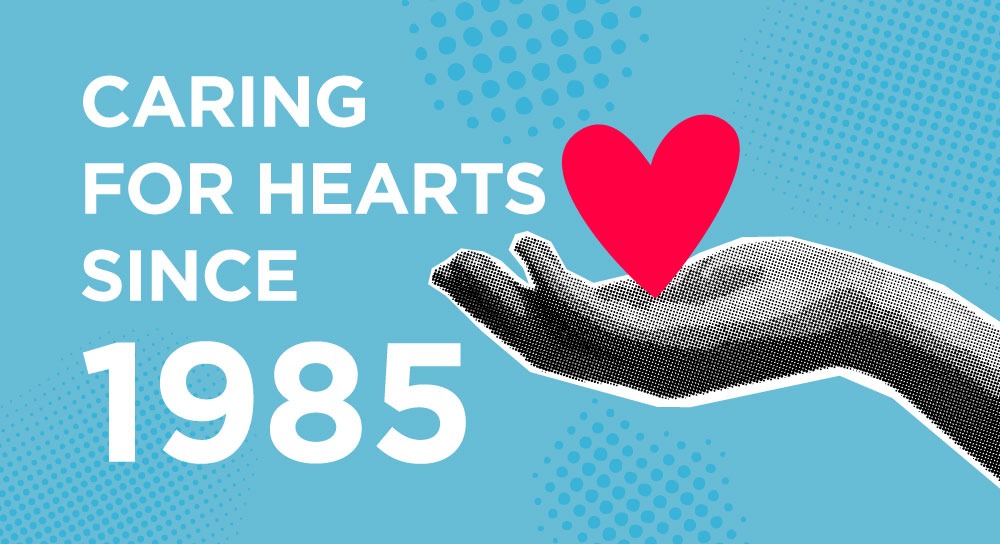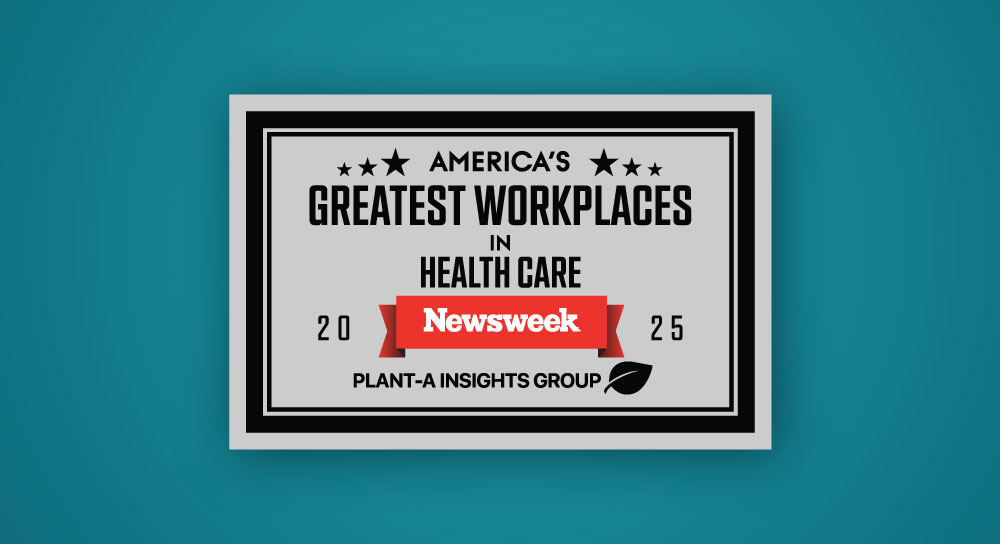It’s that special time of year when folks are celebrating the holidays — traveling and gathering together with family and friends. During this joyous season it’s important to brush up on ways to stay safe and keep you and your loved ones healthy and happy.
Protect against flu and other illnesses
Getting vaccinated and practicing good hand hygiene continue to be two of the best ways to fight against serious respiratory illnesses, such as the flu, COVID-19 and RSV (or Respiratory Syncytial Virus).
Family medicine physician Dr. Christopher Kuebrich with Community Health Partners reinforces the importance of prevention: “I would urge you to get vaccinated for both flu and COVID-19 if you can. We live in a social environment, and we can’t completely change the way we live, so we are going to get sick, and it’s normal to get sick.”
Dr. Kuebrich reminds his patients and their families about the importance of practicing good hand hygiene to help minimize infection.
“What you can do to reduce your risk of getting sick with viral infections are the tried-and-true methods of keeping your hands clean — washing your hands especially after contact with money or another person. Or, if you are around someone who appears to be sick, if they are coughing or sneezing, then leave and try not to be around them. If you are okay with wearing masks, they can help to reduce your risk of being exposed to a virus,” Dr. Kuebrich added.
Here are more ways Dr. Kuebrich said you can avoid catching and spreading the flu and other respiratory illnesses:
- Stay home from work and school if you have a fever or other flu symptoms, such as muscle aches, sweating and chills
- Cover your mouth and nose with a tissue when coughing or sneezing, or wear a mask, especially while in crowds
- Avoid touching your eyes, nose and mouth
- Frequently clean and disinfect surfaces at home and work
- Keep your immune system strong by getting enough sleep, staying hydrated and eating nutritious food
Be prepared for winter driving
In addition to regular vehicle maintenance, it’s important to winterize your car by testing your battery and tires, and ensuring all your fluids are topped off.
Here are a few more tips to remember before you hit the road:
- Keep an emergency kit in your car and carry chains if traveling through mountain passes that could have snow
- Get a good night’s sleep before driving long distances
- Avoid distractions while driving by putting your cell phone away
- Always designate a sober driver
Consider holiday decorating & gift safety
It’s hard to imagine that holiday decorating or gifts could land you or a loved one in the emergency room, but accidents can and do happen.
 Our injury prevention outreach specialist, Eliana Troncale, shared a few reminders to ensure all your decorations and any toys you may purchase are safe to enjoy this holiday season:
Our injury prevention outreach specialist, Eliana Troncale, shared a few reminders to ensure all your decorations and any toys you may purchase are safe to enjoy this holiday season:
- Place trees at least three feet away from fireplaces, radiators and other household heat sources
- If you have an artificial tree, make sure it's fire resistant
- Keep potentially poisonous plants such as mistletoe or holly berries and any small breakable ornaments with detachable parts away from small children
- Replace old light sets that may have frayed or loose connections
- Do not overwhelm electrical outlets and follow package instructions on the number of lights one outlet can support
“We tend to see more accidents this time of year, we've seen some pretty serious lacerations from parents trying to open packages and toys and want to remind folks to take caution when using scissors or knives to open packaging," Troncale said.
"Also, any toys you may purchase for your kids, please make sure they are age appropriate and remember anything with wheels like bikes, scooters — anything like that should always be accompanied with a helmet,” she added.
Stay alert while using fire starters
Candles help create ambiance, but they also can be an increased fire risk during the holidays. The National Fire Protection Association reports that candles cause an average of 46% of fires annually in December.
Be on alert and keep in mind the following to avoid costly and devastating house fires:
- Keep matches and lighters out of reach of small children
- Place candles where they cannot be easily knocked over
- Don’t burn trees or wrapping paper in the fireplace and always use a fireplace screen when a fire is burning
- Get your chimney inspected and cleaned before use
Avoid food poisoning
Avoid food poisoning when preparing holiday meals by using these best practices from the U.S. Department of Health and Human Services:
- Keep raw meats separate from fresh produce and other food products
- Wash your hands and counter spaces frequently
- Use separate cutting boards and clean utensils in between handling uncooked foods to avoid cross contamination
- Use a food thermometer to ensure food is cooked to the correct temperature
- Refrigerate items within a couple hours of being served and throw out leftovers after three to four days
Thank you for keeping safety top of mind this holiday season!






